Note: The post mentions alcohol abuse and suicide.
Dry January — a month where many choose to give up alcohol entirely — has just begun. Others, on the other hand, may also take up Damp January, which focuses on simply reducing one's alcohol intake for the month.

Experts also agree that there is a multitude of ways alcohol can negatively impact one's health.
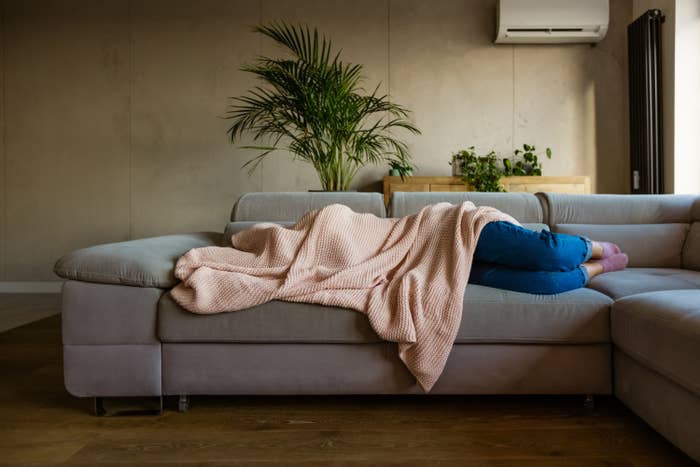
While managing one's health — whether it's mental or physical — can be one reason for staying abstinent from alcohol, experts said that even doing it for just 30 days can provide some sort of benefit to one's body and mind.
Even though it's completely dependent on the person's history of alcohol consumption, Dr. Hashish said, "If someone was a heavy drinker, however, any sort of physical withdrawal symptoms tends to subside within one month."
"There can be improvements in hydration and the ability to absorb vitamins and minerals; improvements in sleep; a reduction in blood pressure; and improved immune response, leading to better healing from illness or injury," He added. "Sexual performance and function also commonly improve within the first month of not drinking."
But, when it comes to the mental benefits, Dr. Patel-Dunn explained that after 30 days, someone can even experience less anxiety.
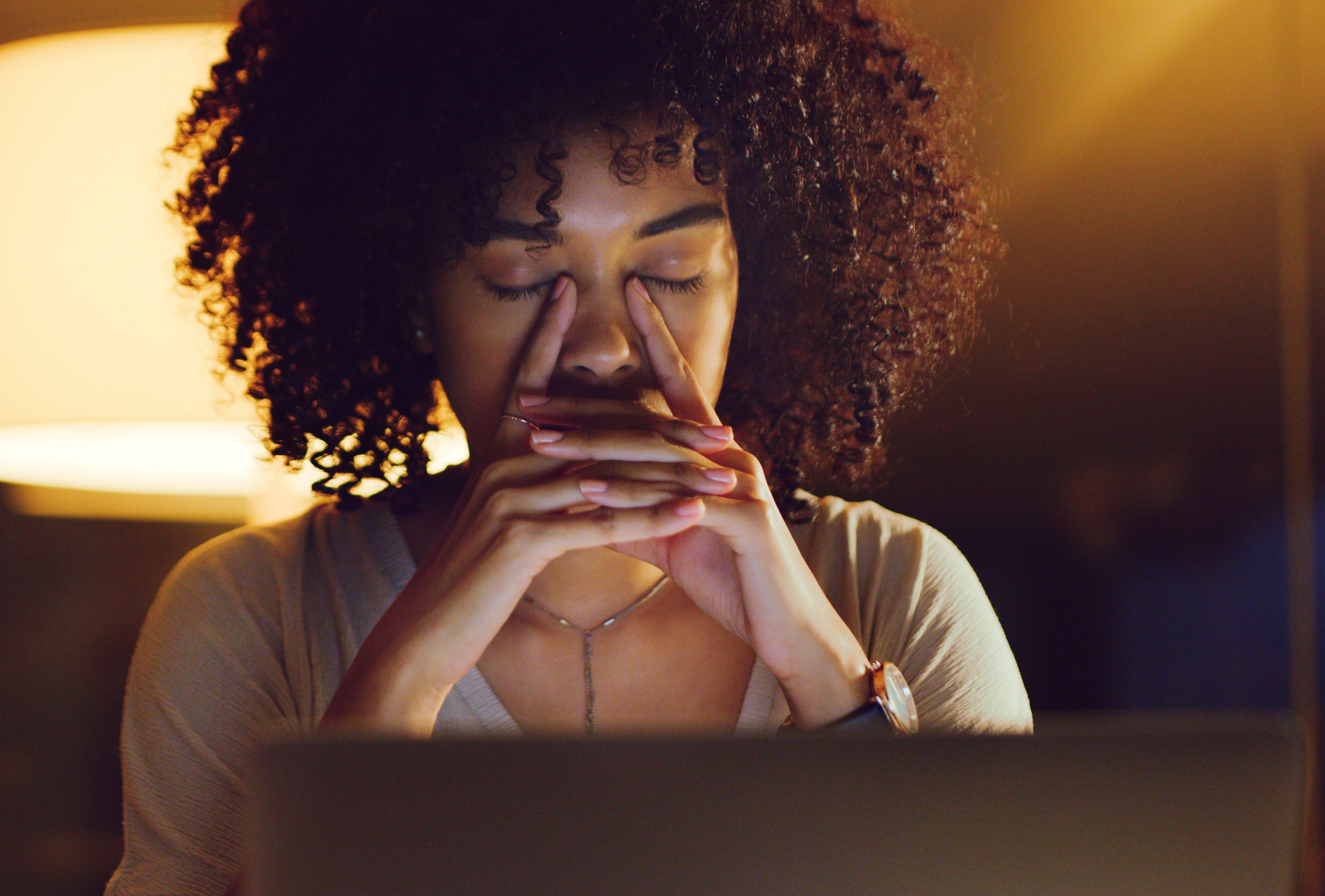
So since everyone's journey with alcohol is very different, we wanted to share stories from individuals who decided to either stop drinking entirely or slightly change their relationship with alcohol by not drinking as often. That's why we asked them: "If you've ever given up drinking — whether it was for Dry January or entirely — tell us how it impacted your life." Here's what they had to say below:
1. "I stopped drinking alcohol last January. I had been noticing alcohol didn’t make me feel good anymore. I had a difficult time regulating my intake if I went out (which was not often but still). I also realized my worst arguments with people had been after drinking. After my Dry January ended, I had no desire to have a drink — and now a year later, I never think about it. I’m sure I will have another drink at some point but right now, nothing seems tasty enough to break my streak."
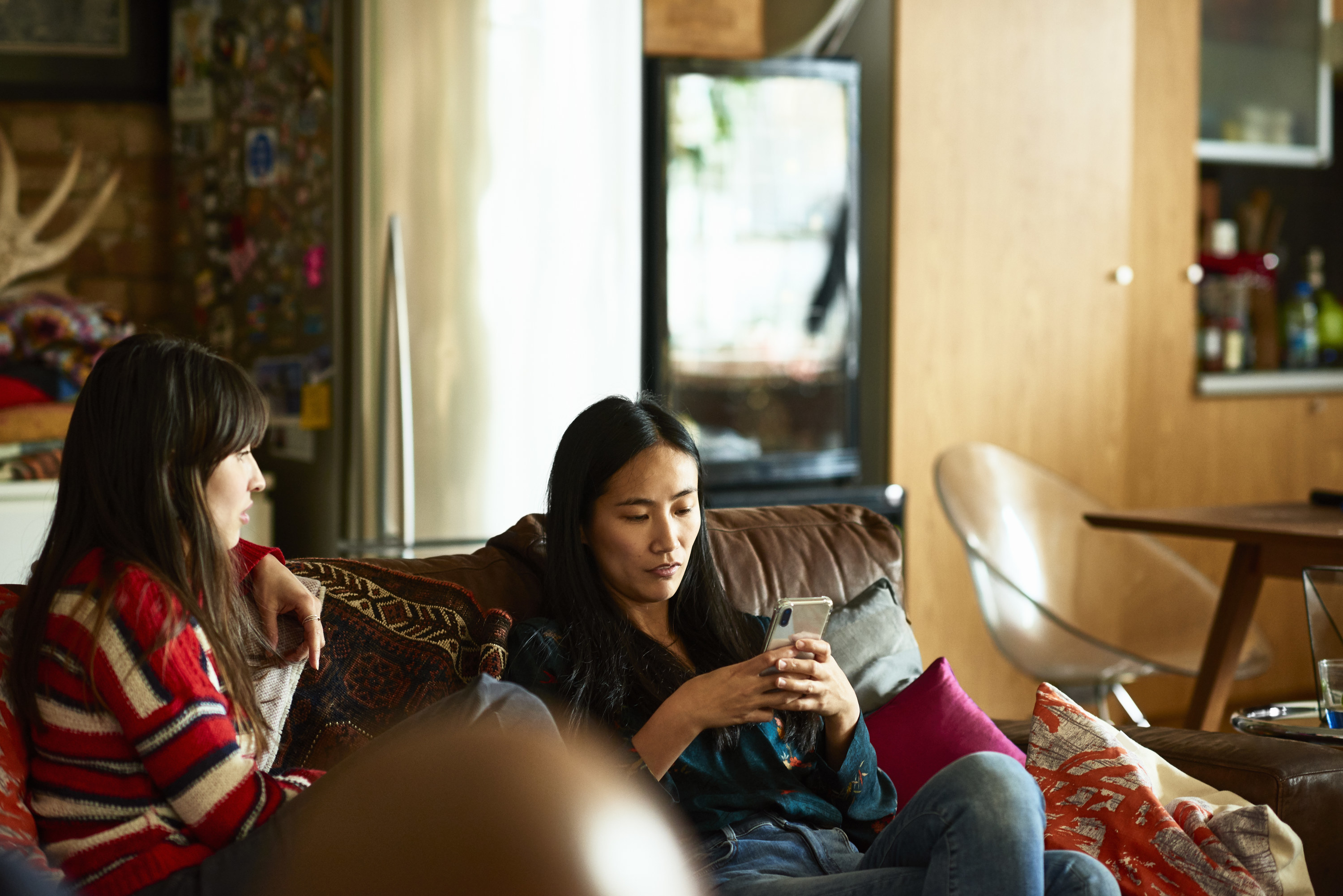
2. "I really enjoyed drinking but my chronic reflux (GORD) got so bad I required stomach surgery to fix the issue. It's advised not to drink alcohol for at least three months after surgery (particularly because you can’t vomit or it might cause issues) but, given alcohol set my reflux off, I decided to stay off it for a year. I had no issue with my decision but apparently many others did. Even explaining it was for medical reasons still got the response: 'But one won't hurt.'"
"I don’t drink alcohol anywhere near as much as I used to and even get asked if I drink at all. I’m just very selective over my choices now and don’t feel the need to feel the effects of alcohol but rather have a little to enjoy the taste of the drink itself."
3. "I was purely a social drinker because it was easier to just go along with the expectation to drink. Since my early 20s, I got 'anxiety hangovers' — none of the conventional hangover symptoms, just paralyzing anxiety and racing thoughts that made sure the day after drinking was completely ruined."
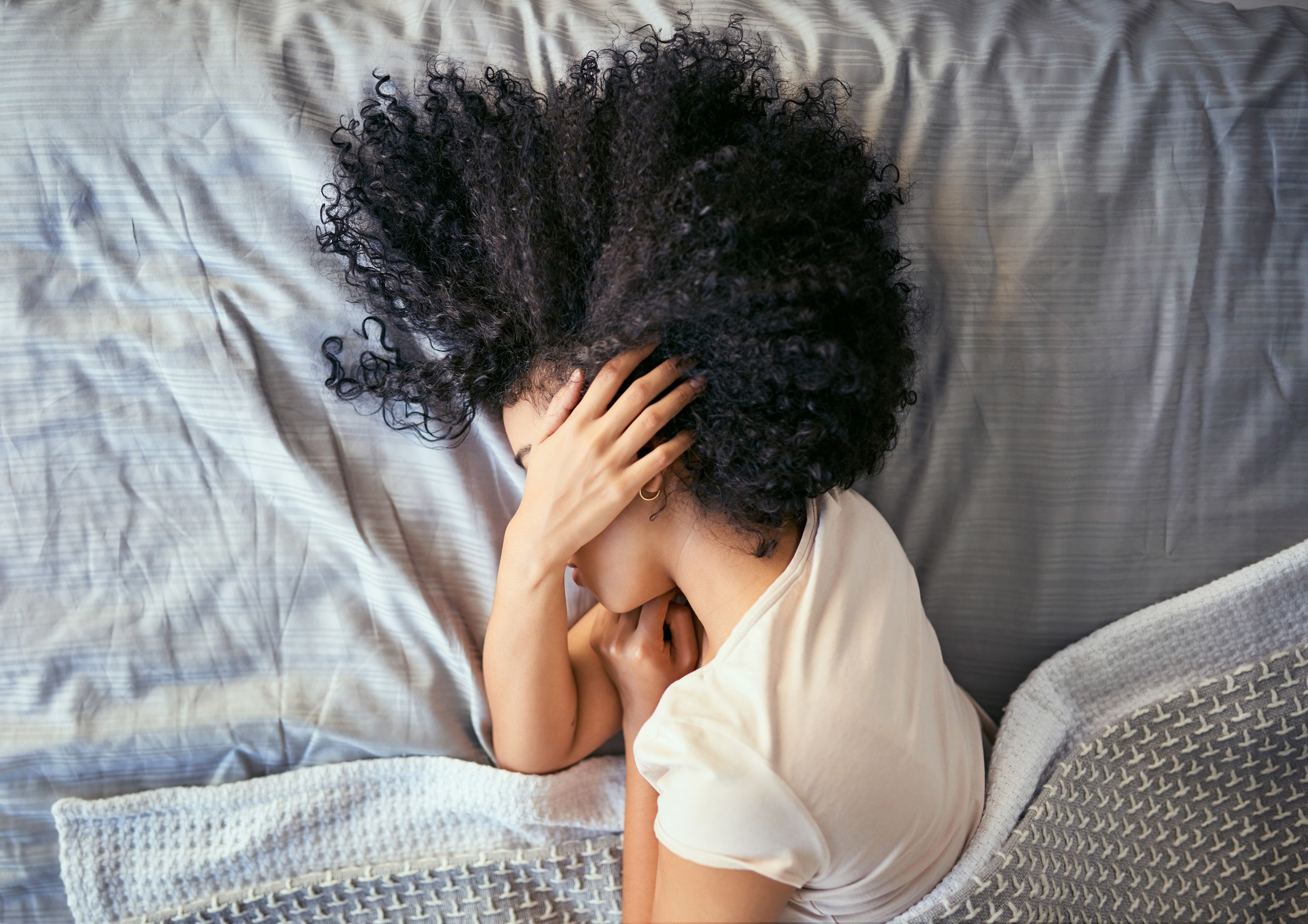
4. "My mother was/is an alcoholic. I know full well that my chances of becoming an alcoholic are high so I decided to not drink. I also don't like the feeling of not being in control of things."
—Janell, 35, Wisconsin
5. "I used to get plastered on weekends, but not on weekdays, and I wrongly assumed that it wouldn't have negative effects beyond the morning after. You know how you say, 'I'm never drinking again' after a really bad hangover? I actually followed through with it after having two days of severe stomach pain, to the point that I would have gone to urgent care for it if I didn't think it was just a hangover. Prior to all this, I had years of digestive issues, which prompted me to see a doctor and finally get diagnosed with IBS, aka Irritable bowel syndrome."
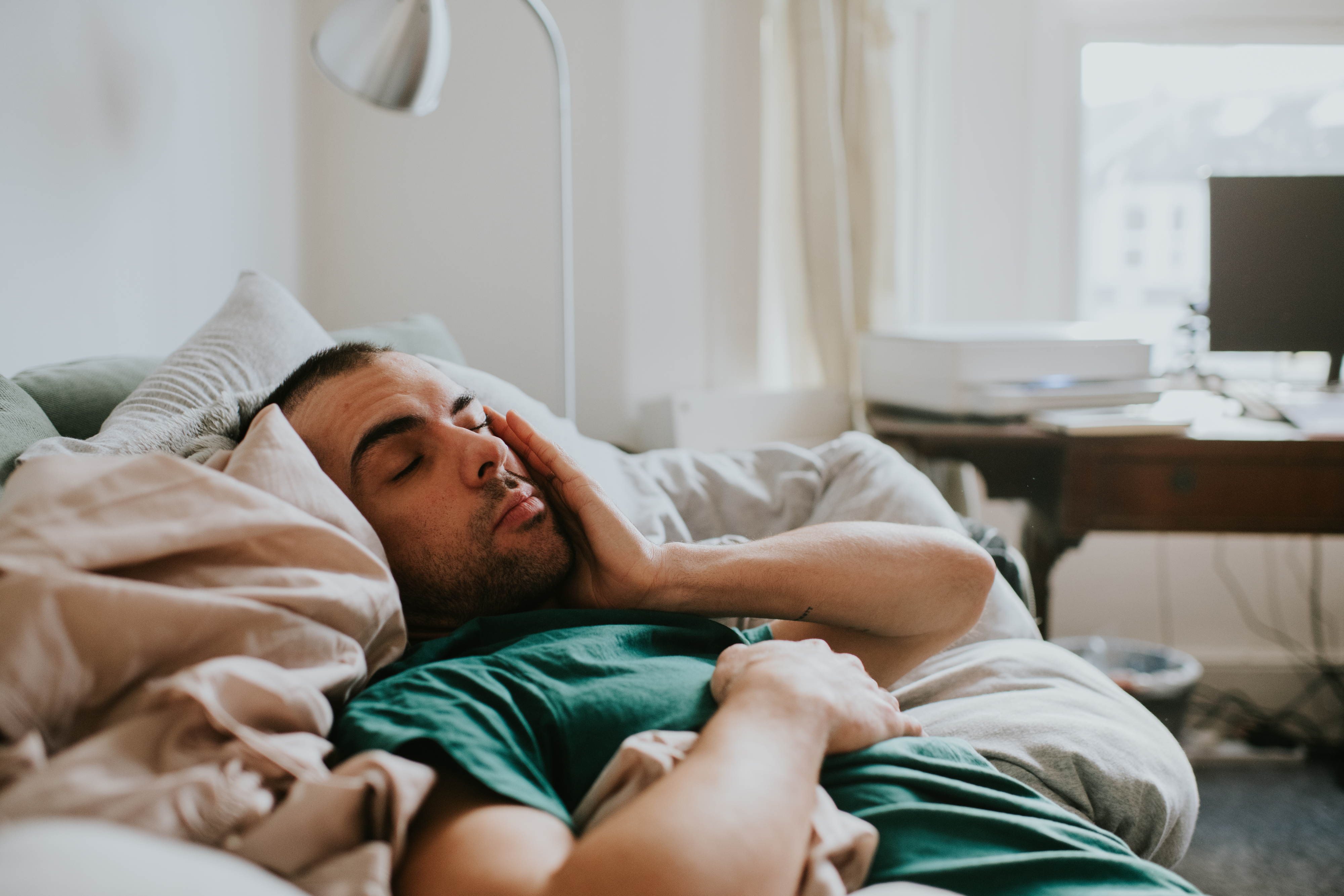
6. "I was in a very dark place and I have an addictive personality. I was on the verge of being an alcoholic, and I only quit because I met my husband and I didn't want him to see me miserable and drunk — so I quit cold turkey for him and eventually our son. It's been over six years already and it is a struggle — especially when I'm really stressed because even now, there are times I want to drink but I resist the urge because I don't want alcohol to help me destroy every good thing in my life."
7. "COVID and living alone put my alcohol drinking into overdrive. I realized it was bad when I felt I had to drink two days before my wisdom teeth were pulled and cried while I drank because I’d be on pain pills and couldn’t at all for a week. I joined an online AA meeting and was sober for over two months."
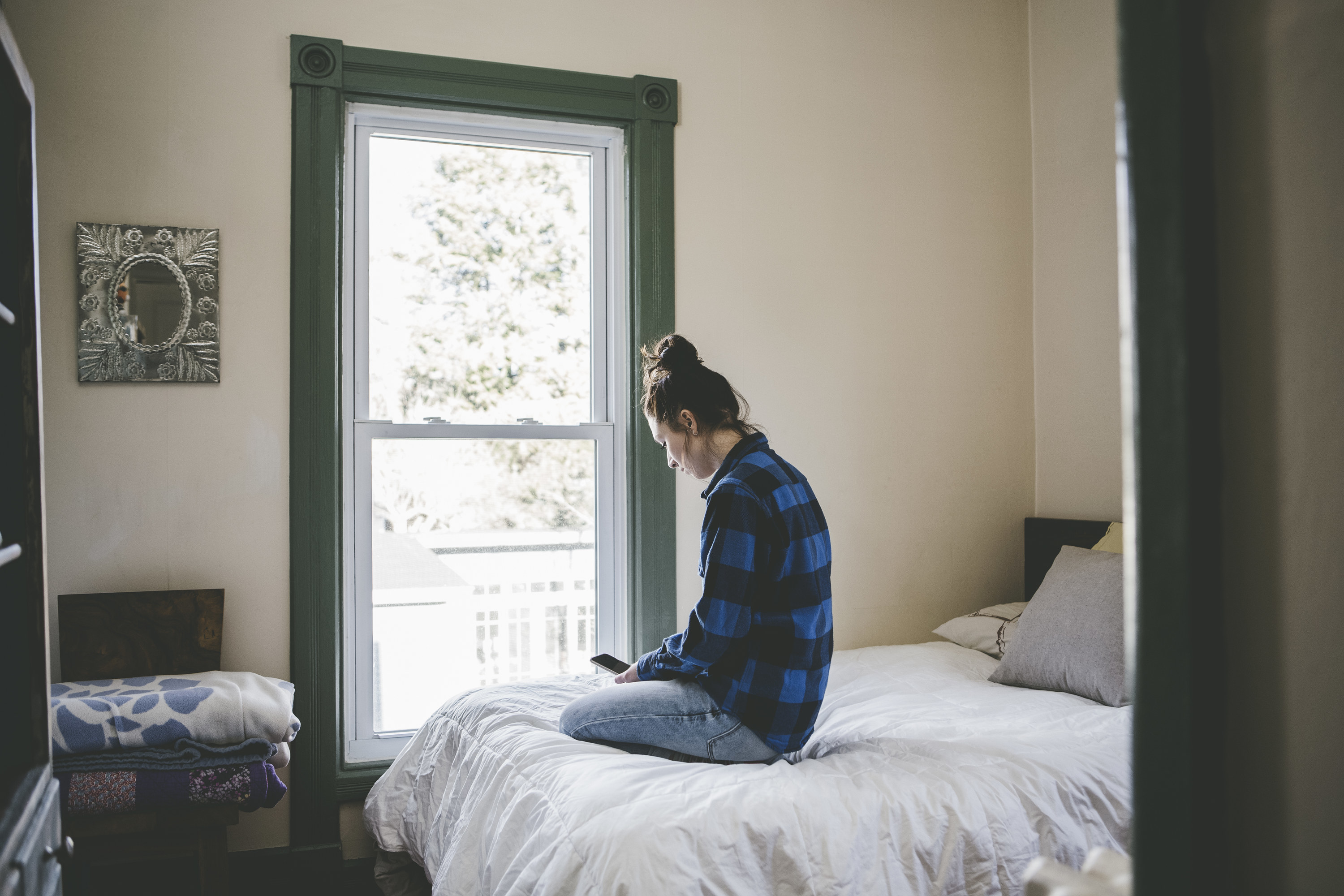
8. "I got cheated on in a three-year relationship and it totally blindsided me. I spent the first two weeks drinking and making bad choices. It didn’t go super well for me. My friend had to pick me up off my kitchen floor and put me to bed a few times. That was my wake-up call that maybe this wasn’t the best way to deal with things. It happened to be right at the start of Lent, so I decided to give up drinking for it. Giving up drinking forced me to stop avoiding how I was feeling and to actually process it. It allowed me to deal with things in a healthy way and I’m grateful I did it. When Lent was over and I was drinking again, I wasn’t drinking to avoid my problems anymore."
—Anonymous, 28, Louisiana
9. "I have been clean and sober for 17 years, 11 months, and 10 days. I quit nine days before my 22nd birthday. I got into a lot of trouble in my young adult life and it came to a point where I knew I would continue to spiral downward if I kept using. I remember having an out-of-body experience during my last bender, thinking I could never do it again. I never did. Once I put down the substances, my problem was me, not the drugs and alcohol."

10. "I was never a big drinker as I had alcoholism on both sides of my family. I would have a drink socially but didn’t love wine or beer or more casual drinks so lots of times I just wouldn’t drink. The pandemic hit and because I wasn’t doing anything social, I looked back and realized I hadn’t had a drink in four months without even trying. I then wanted to go my whole 25th year without drinking (my birthday is March 17 so the start of the shutdown basically). Though I didn’t have a physical need for it, once I set my mind to not drinking for a year, it became a mental thing. Because I couldn’t have a drink, I wanted one more."
"At Thanksgiving in 2020, my family made a punch and they were each putting alcohol in theirs but I couldn’t add some to mine. I realized how much of a mental battle it must be for individuals facing alcoholism and addiction knowing that they can’t have any.
The 25th year came and went, and then I just continued not drinking mainly because it felt like this pressure — or when I was going to drink again what that first drink was going to be like. I ultimately went two full years without drinking. Now I drink like I did before: socially on occasion. Overall it gave me a lot of empathy for those battling addiction."
— Shannon, 27, Pennsylvania
11. "As someone who always wanted to be part of the 'in' crowd, I thought I had to drink to fit in. But through remote working and becoming more centered on who I was, I realized I didn’t enjoy it. It’d be nice if more places had non-alcoholic options on the menu but it’s allowed me to advocate for myself and ask for recommendations. I don’t miss it nor the cost associated with it."
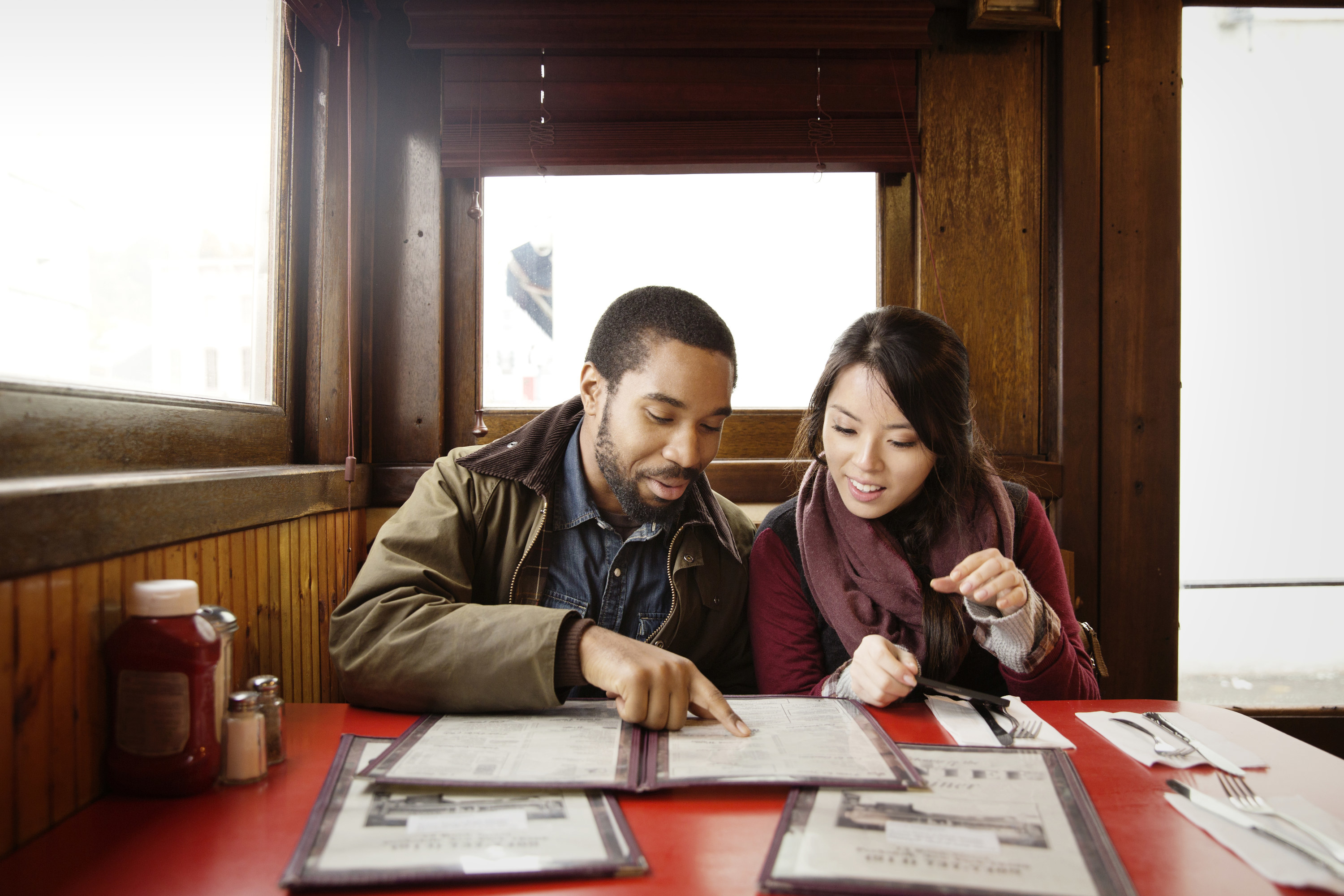
12. "I used to drink occasionally, but as I've gotten older, my body has started developing an intolerance to alcohol. At first, I thought I was just reacting to the histamines or sulfites in wine, but it started happening with vodka and tequila and other things that go in mixed drinks, too. I get a rash that starts on my face and moves to my neck and chest, and sometimes, it even spreads to my back. It's itchy and inflamed and I just end up feeling miserable and people look at me funny, which is understandable because I have a literal rash all over my face and upper torso. I only drink sparingly now, it's just not fun."
—Mel, 30, Colorado
13. "I stopped drinking the second I realized it gave you wrinkles. I was never a huge drinker and I went to a Christian college so I didn’t realize how much of our culture revolves around drinking. I’ve had so many people assume it’s a religious decision and that I’m a prude, so I get invited to fewer places. I also don’t drink soda so I’m stuck with water at weddings or beer and wine events. Men see it as a challenge to buy me a drink (I’ve learned to ask for seltzer water with a cherry and lime in a cocktail glass so I don’t get too many questions), and so many of them will buy me something after I’ve told them I don’t want it and then tell me I’m rude for not drinking it. Thankfully, bars are starting to offer kombucha but it can be difficult at exclusive speakeasies (I’m a big fan) when there’s a flat fee to get in and there are no nonalcoholic options."
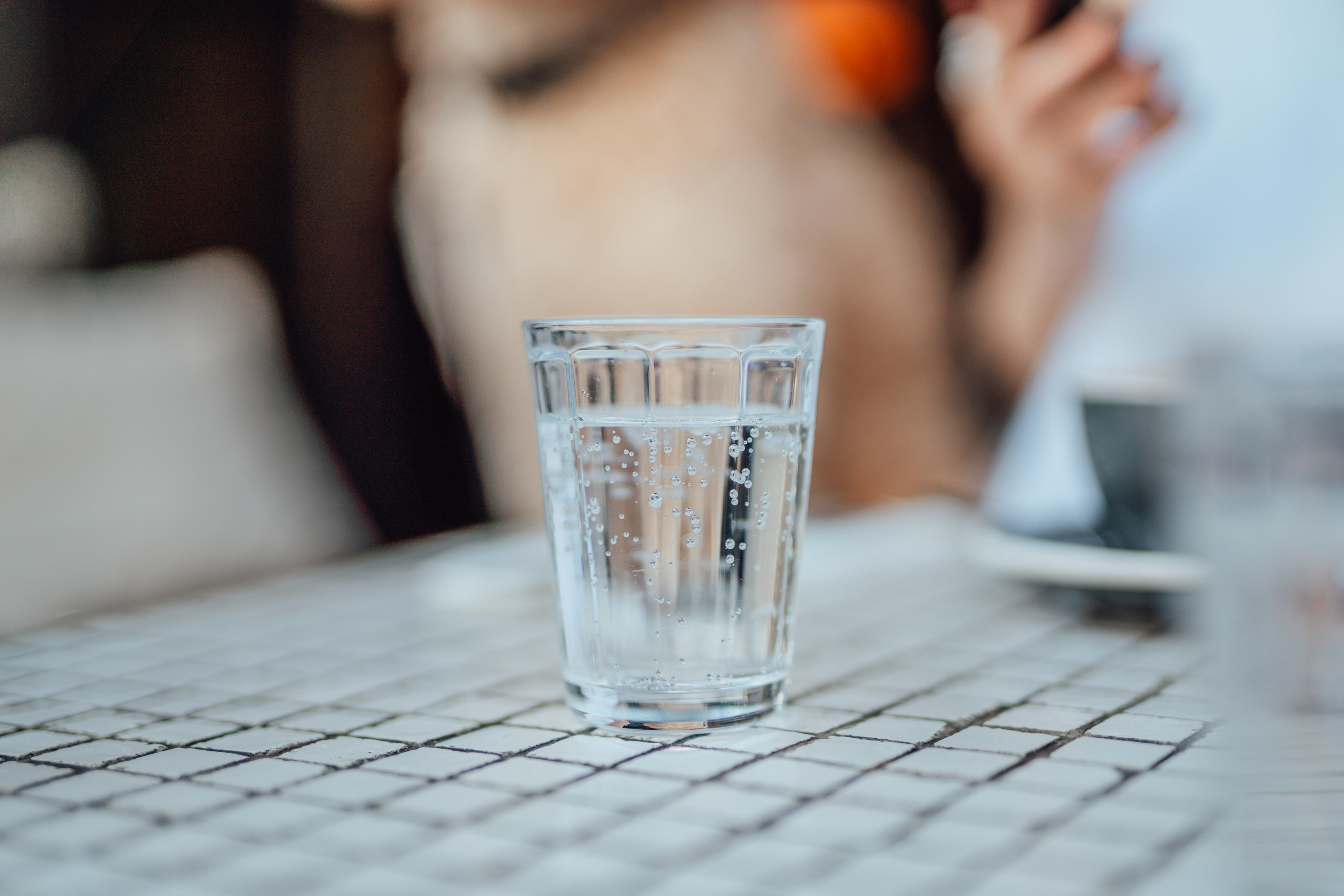
14. "I gave up drinking because I was finally ready to stop hurting my friends and family. After starting to drink heavily in college, it only continued to get worse due to an abusive relationship and other mental health issues. I was drinking all day every day and hiding it from my loved ones. I got a DUI and attempted to take my own life. Once I got my mental health back on track, I thought I could drink again, but that was still a huge problem for me. I ruined holidays and special events. Eventually, I got a second DUI and even that didn’t stop me."
"It wasn’t until I relapsed on my mom’s birthday and was too wasted to talk to her that I finally decided enough was enough. I moved into a sober living house and started working in a recovery program. My life slowly started changing for the better, and I can’t imagine what it would look like now if I didn’t put down the drink.
I just celebrated 15 months sober and it’s so, so, so worth it. Can’t believe it took me this long, but I’m glad I finally got here. It’s hard work but my life would be a million times harder if I were still drinking!"
—Anonymous, 30, Pennsylvania
15. "In August 2021, I started to feel sick. I knew it wasn't COVID because I could still smell and taste. I thought it was just regular old flu. Nope. As I found out later, it was a virus, probably human Parvovirus attacked my liver. When the doctor said I was going into liver failure, that my heartbeat was going too fast, and my blood pressure was too low, it was the first time I ever truly thought about my own mortality. I literally almost died. I almost left my wife a widow."
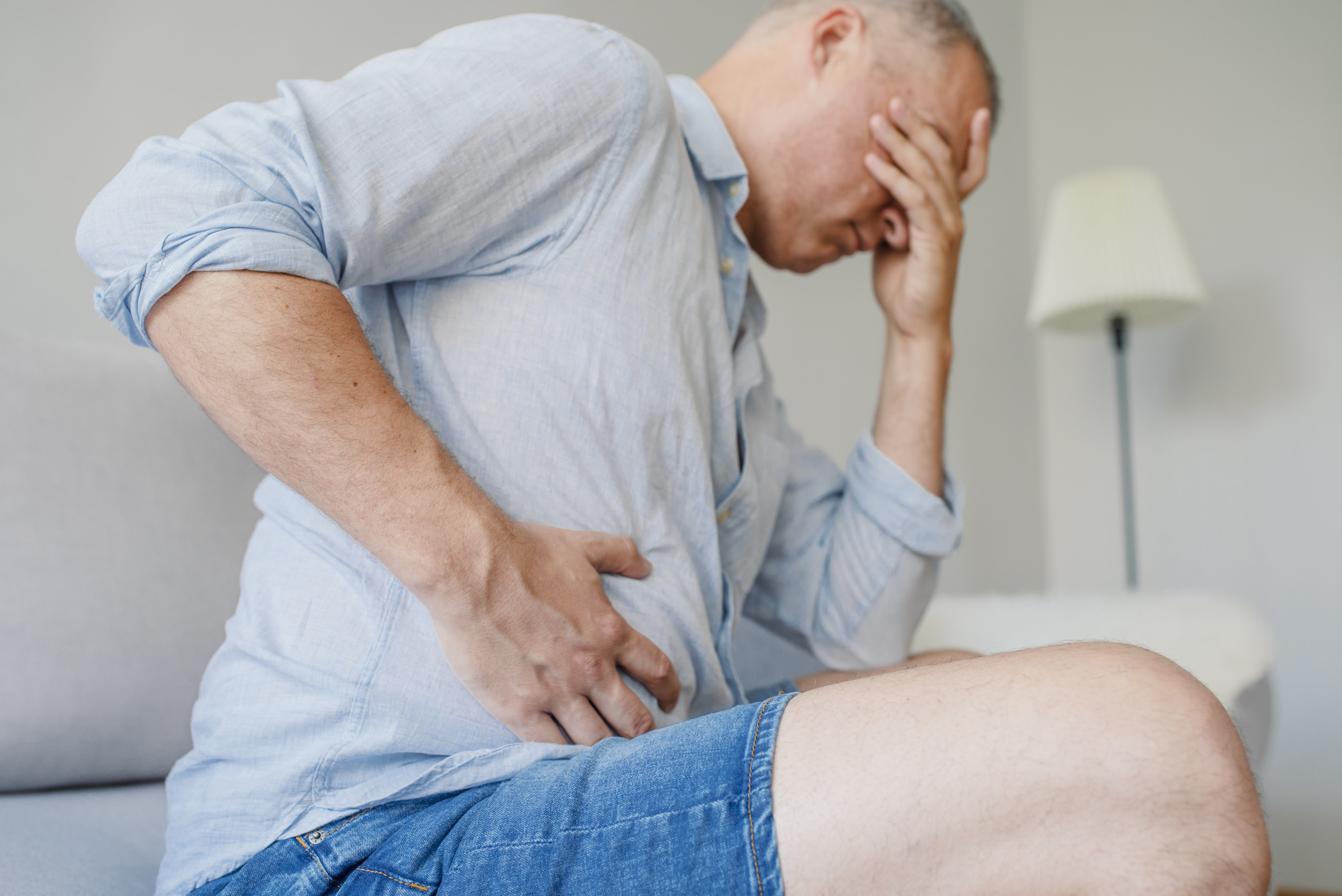
16. "I used to be a major party animal in my early 20’s. I would get the worst hangovers (like, can’t even keep water down) and just thought it was part of life and worth it for the fun the night before. As I have gotten older, I realized alcohol majorly affects my sleep. Not being able to sleep, having a racing heart, and the digestive problems that followed drinking took their toll. I finally realized that alcohol is not worth it! I now sleep well, feel confident in saying, 'I will just have water,' and wake up the next morning with the energy to exercise. It took me a while to realize how negatively my body reacted to alcohol, but I am so glad to not have it in my life anymore!"
—Anonmouys, 32, Ohio
17. "I chose to partake in Dry January as a way to refocus my mind, I began using alcohol as a way to block out the negative parts of my life. I realized this as I approached the holiday season, I numbed myself more and more. After finding out I had a baby on the way, I realized this needed to be corrected. As I’ve gone through the month, many of my friends have been non-supportive and even criticized me publicly. I’ve come to realize I needed this personal growth and have stuck to my guns after people have tried to force drinks on me. I’ve proven my willpower and have enjoyed my new clarity on life. I’ve found those who support me and encourage me to be a better person, and I’m excited to continue my dry journey and self-healing."
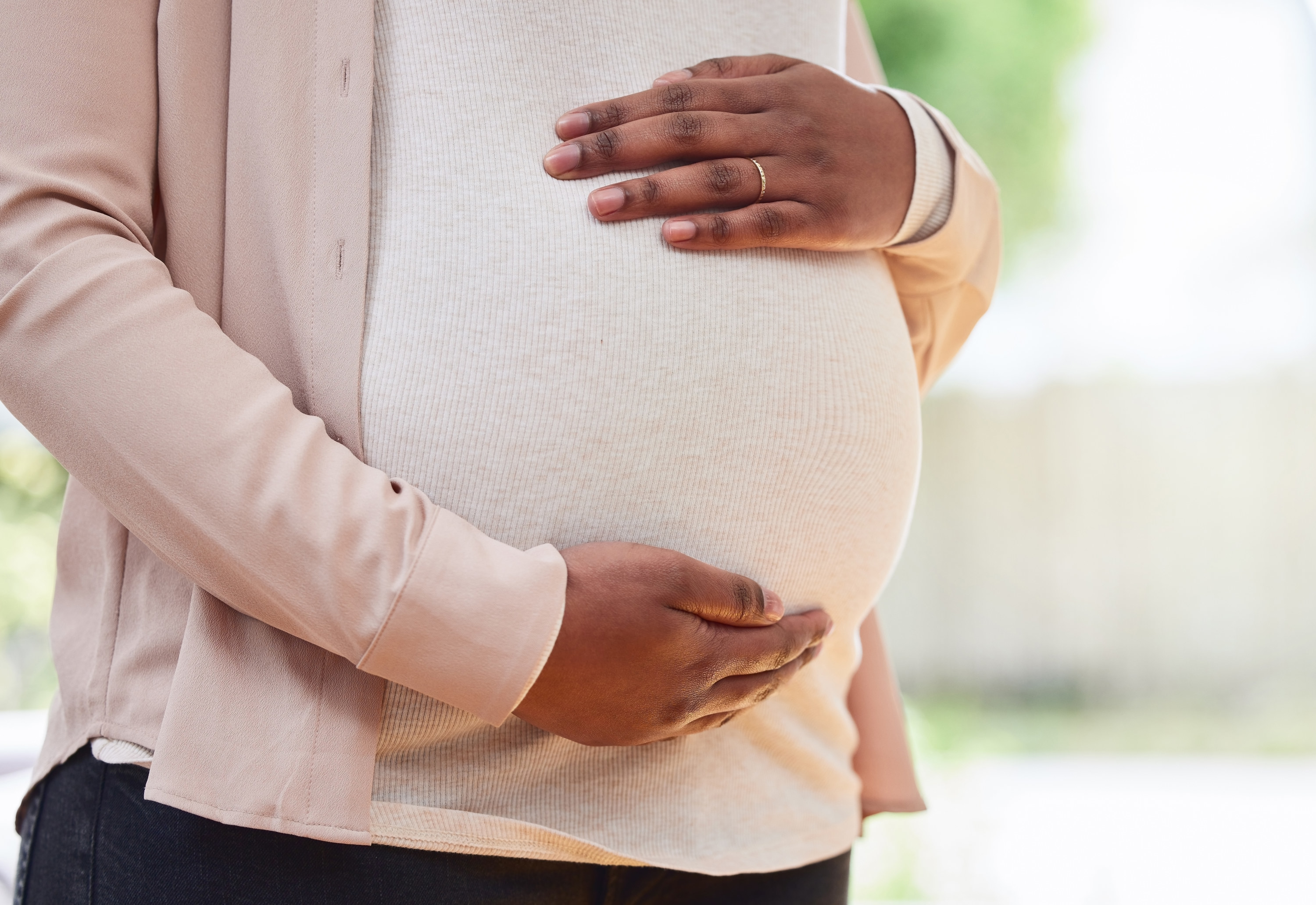
18. "Alcohol has affected my life negatively in so many ways with an alcoholic mother. I don't carry addictive tendencies, but I can't have a drink to relax. When I have a drink, I get overwhelmed, anxious, and have flashes of trauma, therefore, I don't enjoy it and have just phased it out of my life."
—Mary, 34, Pennsylvania
19. "I stopped drinking the day I went off birth control. I figure my body needs to be at its healthiest to have a baby! It’s had a huge effect on my mental health. I used to get super depressed the day after a night of drinking. The worst part is all the people asking me why I’m not drinking. No, I’m not pregnant yet! My choice to not drink shouldn’t require me to tell you personal details about my life!"
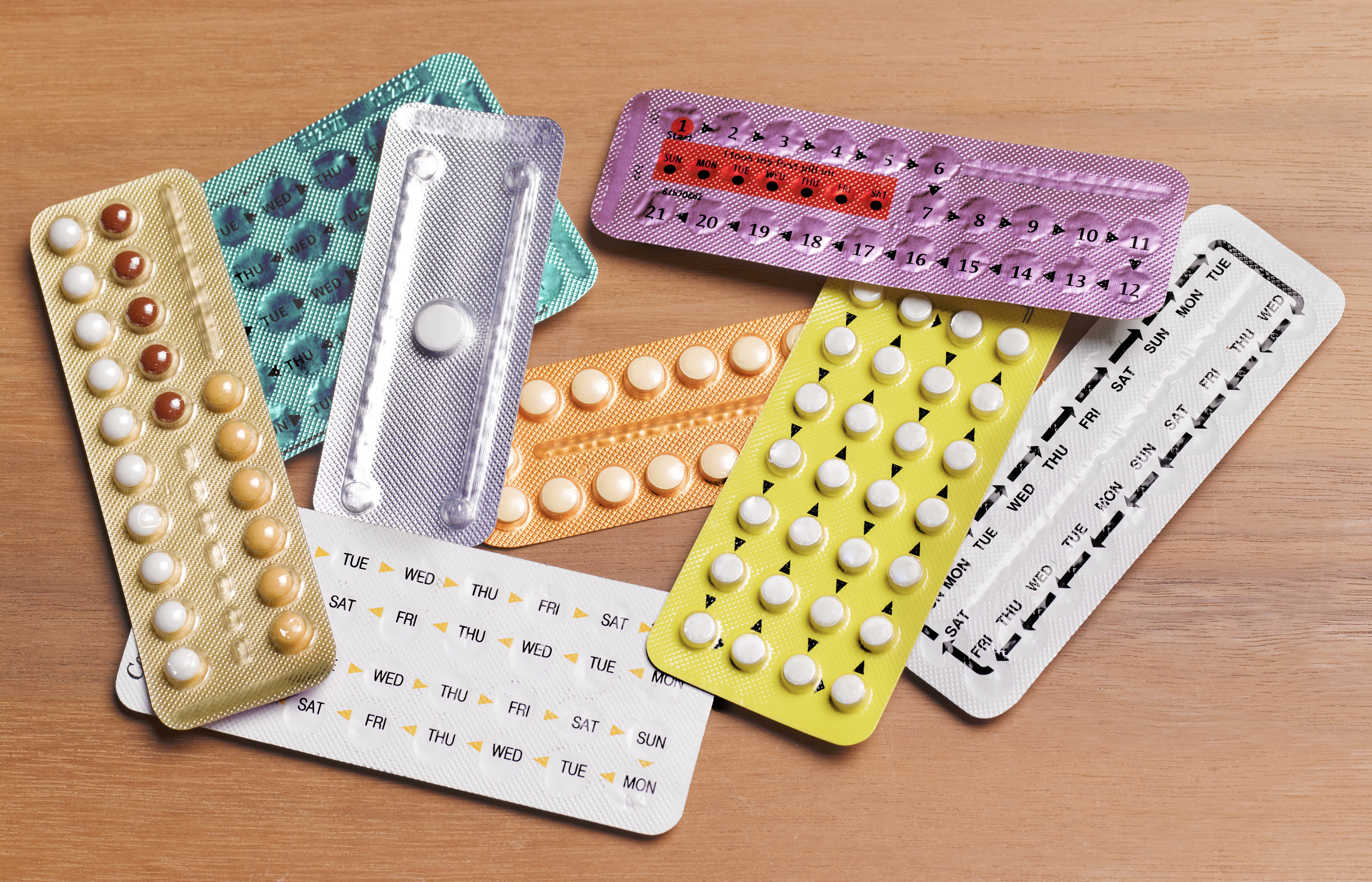
20. "I used to struggle with alcohol for a long time. From my 20s and into my 30s. In my late 30s, my wife got pregnant and we were starting a family. I saw this as a chance to get sober and told her I would be sober with her so we can both go through that part together. Now that the baby is here, I have decided to stay sober. I noticed my acid reflux issues went away, lost weight, slept better, and my depression went away. I learned to deal with anxiety and feelings of stress without turning to alcohol. It was a pain in the butt at times and felt very challenging when work was stressful or life threw a curveball but I am proud of myself for now being 11 months sober!"
—Anonymous, 39, Texas
21. "I realized that all alcohol was to me was a quick way for me to forget about negative feelings, and not actually deal with the source of said feelings. Every time I would drink, it would just make me feel bad in the long run."
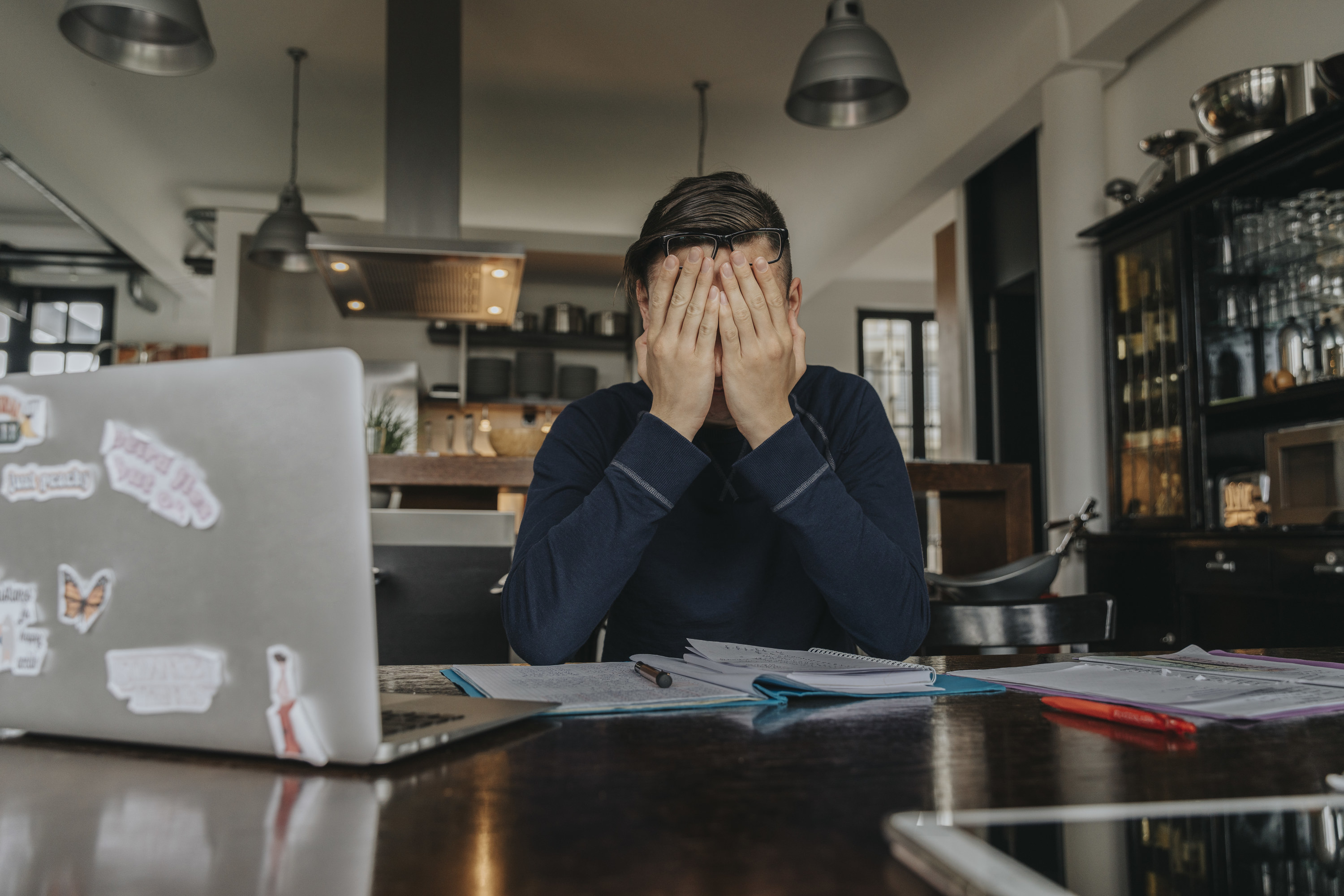
22. "I quit drinking about eight months ago because I started to become terrified of being out in public without being 100% aware of my surroundings. With so many shootings, kidnappings, trafficking, etc. I would just prefer to be able to make sure I am safe at all times. But in the long run, I am SO much happier not drinking. My health and mental health have really improved."
—Anonymous, 29, Indiana
23. "I gave up drinking five years ago because it was ruining my life and my health. I drank to not feel and to escape past trauma. I tried and failed many times before I finally managed to stop. The final thing that made me stop was when I developed alcoholic hepatitis and went into full liver failure — I was only 28. Since quitting, I had to face all the reasons why I drank and it’s been painful but I am happier and thankfully healthier. I have liver disease but as long as I stay off the booze, I’ll be ok. I’m lucky to be alive. The only reason I wanted to share this is that I thought I was alone and over the years of my sobriety journey, I have realized there are many people who struggle with alcohol and never to be ashamed to admit it."

Do you no longer drink or choose to drink minimally? If so, tell us why and how it has impacted your life below if you feel comfortable doing so. However, if you prefer to stay anonymous, please feel free to fill out this Google form here.
If you or someone you know is struggling with substance abuse, you can call SAMHSA’s National Helpline at 1-800-662-HELP (4357) and find more resources here.
The National Suicide Prevention Lifeline is 1-800-273-8255. Other international suicide helplines can be found at befrienders.org. The Trevor Project, which provides help and suicide-prevention resources for LGBTQ youth, is 1-866-488-7386. You can also text TALK to 741741 for free, anonymous 24/7 crisis support in the US and UK from the Crisis Text Line.
The National Alliance on Mental Illness helpline is 1-888-950-6264 (NAMI) and provides information and referral services; GoodTherapy.org is an association of mental health professionals from more than 25 countries who support efforts to reduce harm in therapy.
